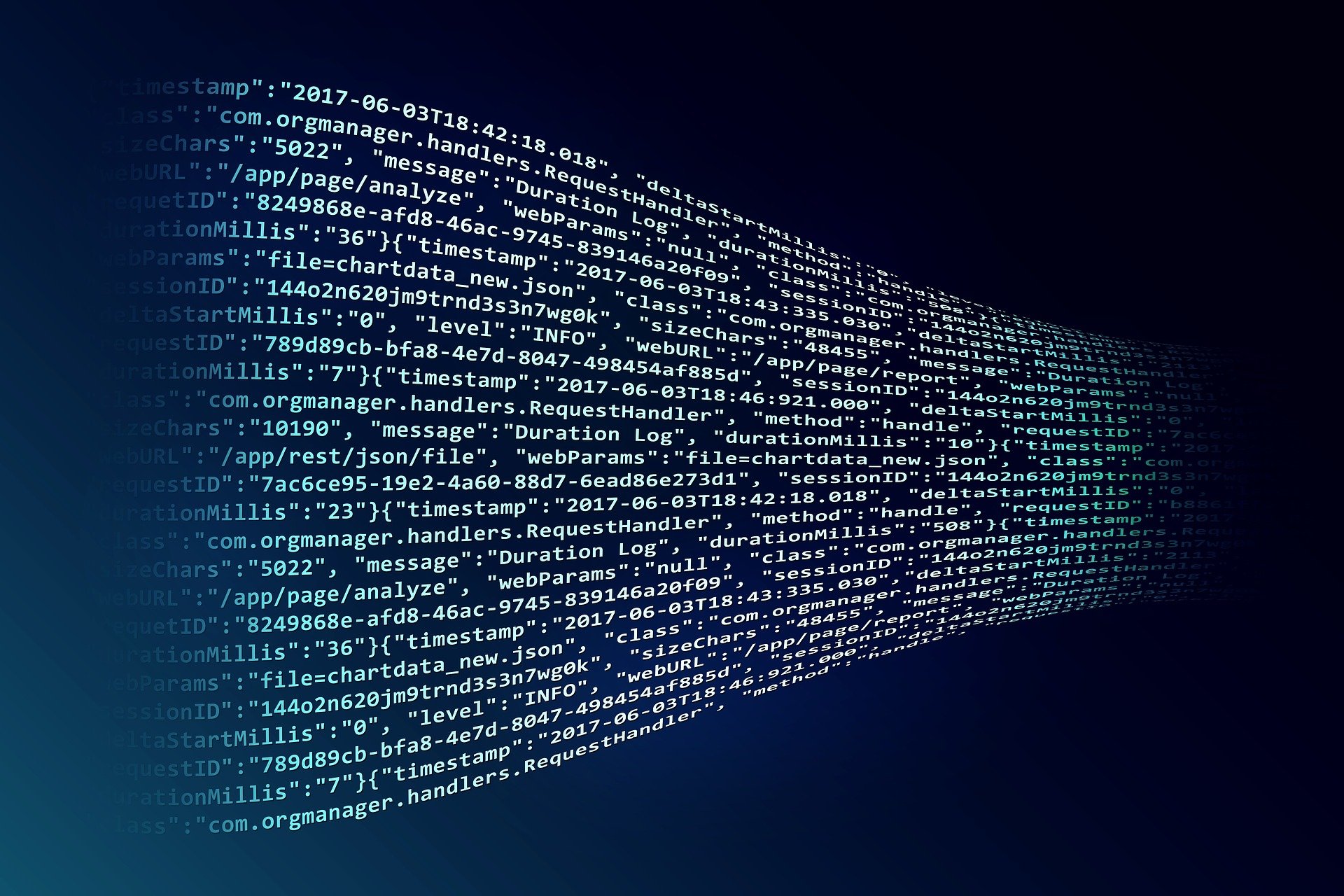Blockchain has become a household name thanks to the media coverage of high-risk, high-reward cryptocurrency investment. Stories abound of people who made their millions or who just missed out. Most of us weren’t lucky enough to buy in at the beginning, but that doesn’t mean that our lives can’t also be improved by the exciting potential of blockchain technology.
What is Blockchain?
The block part of the blockchain is a discrete packet of information, which is timed and dated and contains information about a transaction or activity. The information is anonymized by using hashed digital identifiers: Each block being verified and given a unique identifier.
Every new block of information is added onto a chain, and its identifier also reflects its position within the chain. A copy of the entire preceding chain is created and kept with every new block on every related computer or portal. This method adds a high degree of non-repudiation, meaning that the information cannot be easily changed or removed.
Blockchain is a “decentralized” system that confers ownership onto the individual who can then control the use of data at every level.
How Can Blockchain Improve the Lives of Ordinary People?
You don’t have to be a technical expert to benefit from the blockchain somewhere along the line. Some of the most promising applications for blockchain technology include:
Voting
2020 has been a year where voting has come under the spotlight for many reasons. Concerns over postal voting and external actor influence on elections have forced a look at the mechanisms used in voting. Blockchain offers a potentially secure, non-repudiating solution in voting.
Blockchain-based voting can provide an immutable record of voting that is also anonymized and auditable. Blockchain voting could remove the concerns over mistrust or tampering of voting records. A vendor in the space is BitCongress, who offers a blockchain voting system where online votes are sent using peer-to-peer techniques to remove the need for a central voting register.
Blockchain voting was used in West Virginia in the 2018 midterm to allow overseas voters to use mobile blockchain voting. The blockchain voting mobile app was provided by Boston-based Voatz. However, the service will not be available in the upcoming 2020 election.
A mature solution to voting offered by blockchain is needed to push paper voting into an unsecured past.
Supply Chains
A blockchain that runs concurrently with a supply chain means that every step of the service is monitored, auditable, and secure. Supply chains that could be most improved by blockchain capability include those who are part of essential services, where timely and trackable supplies are a necessity.
Food Supplies
Building on the concept of an interlinked blockchain supported supply chain, the food production industry is one which would particularly benefit from the control and monitoring possible with blockchain. In industrialized food production, perishable goods designed for human consumption take a long journey from farm to table.
When blockchain is applied to this process, every step of the way is instantly auditable, and it is possible to trace issues to their source and all but eradicate the possibility of contamination or spoilage.
Healthcare
There is a massive array of different systems for medical records, laboratory results, medical insurance, employee interfaces, appointments booking, and every other digitized service involved in healthcare. These services are rarely integrated or interoperable.
This leads to wasted time for patients and professionals, the possibility of delayed treatment, and huge out-of-pocket expenses while navigating the vagaries of the insurance system.
Using blockchain, medical records could be under the control of the individual, comprehensive, and within a single accessible unit. All records could then be made available in a secure and timely fashion when needed for treatment and related activities. No matter what service an individual needs to access, their medical records could be made available.
The days of huge healthcare organizations having sole control over an individual’s care records could soon be over.
Travel
Companies like Winding Tree, a decentralized, open-source B2B travel marketplace, are built on blockchain concepts to enable individuals direct access to providers. The idea to cut out the middleman is simple, and the execution is elegant. A marketplace without central control means that the individuals and the community have the choice and power.
The website acts as a portal through which companies and individuals can create their own verifiable information within the blockchain. The blockchain itself is used to find and deliver services, so the website does not retain any information about the users, meaning everyone’s data is secure and privately held within the blockchain.
Banking
The blockchain is a secure and unalterable distributed ledger. With its development as a cryptocurrency infrastructure, it seems only natural that traditional banks should turn to this technology to improve trust and streamline services. Using a blockchain in banking services makes any transaction secure and seamless, works on a global scale, and is not limited by the normal boundaries and vagaries of traditional centralized or national banks.
Is it Too Good to Be True?
Blockchain is still an emerging, nascent technology, and so its capabilities—and limitations—are still being discovered. No technology is perfect, but with the input of new minds from all walks of life, there is almost limitless potential for the development of something truly world-changing.
Blockchain is an amazing new innovation in technological development. The time is now for taking your interest in blockchain and developing a career in this new area. The American University Cybersecurity Professional Program offers professional development of the next generation of technologists and innovators, even those interested in blockchain.
Whether or not you are part of the professional cyber community, you can still take charge of Cybersecurity Awareness Month and choose to #BeCyberSmart.



